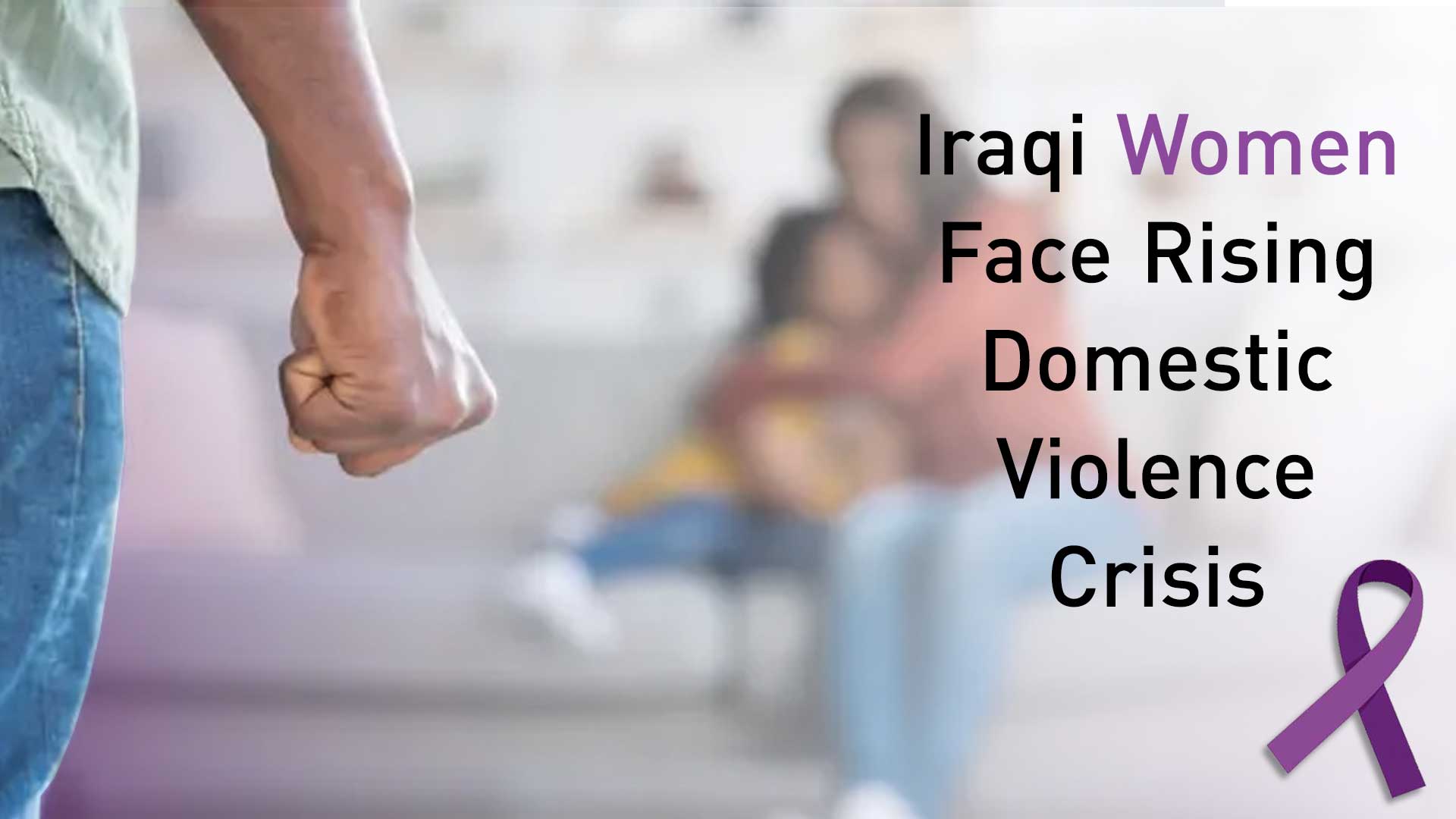Iraqi women face rising domestic violence crisis as legislation stalls
Iraqi activists have dubbed 2024 "the year of misfortune" for women, citing the failure to pass any legislation benefiting women and families.

Jan. 3, 2025
ERBIL (Kurdistan24) - Domestic violence cases in Iraq have presented a worrying upward trend, with reported cases reaching over 25,000 in 2024, according to Iraqi media reports.
This marks a noteworthy increase from 18,000 cases in 2023 and 21,000 cases in 2022.
Statistical analysis shows that women are disproportionately impacted, with 75% of female victims experiencing violence from their spouses. Men also report domestic abuse, with 17% experiencing violence from their partners.
Despite the ever-increasing crisis, a draft law against domestic violence has remained stalled in the Iraqi Parliament for four years.
Religious political parties remain adamant to block the legislation, claiming that it weakens traditional Iraqi family values.
Iraqi activists have dubbed 2024 "the year of misfortune" for women, citing the failure to pass any legislation benefiting women and families.
Efforts to reform personal status laws have also encountered noteworthy resistance, with activists cautioning that these developments indicate a regression in women's rights.
Experts attribute the rise in domestic violence to multiple socioeconomic factors, including unemployment, increasing poverty rates, and drug abuse. Legal experts are advocating for new legislation to protect victims while preserving family unity.
Iraq has grappled with addressing domestic violence via legislative means, mainly because of the complex intersection of traditional values, religious influences, and modernization efforts.
The country's legal framework concerning family matters remains deeply predisposed to religious interpretations and influenced by these authorities, making reform efforts mostly challenging.
The absence of wide-ranging protection laws leaves victims vulnerable, with limited legal recourse or support systems.
The rising statistics reflect not only increased reporting but also the impact of economic pressures and social instability on Iraqi families.